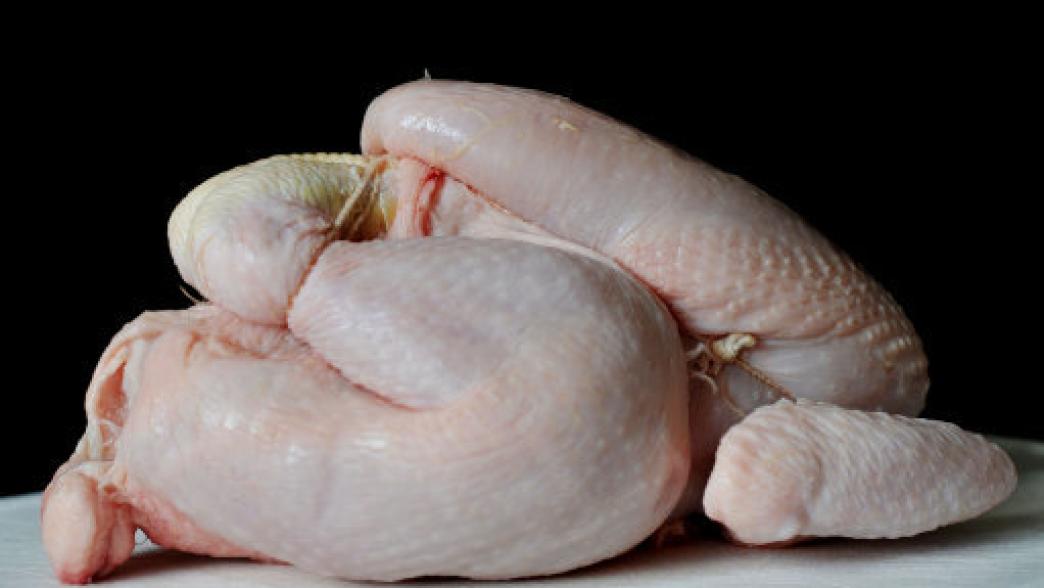Ministers need to get their act together to talk trade

The latest public ministerial row over regulatory standards in a potential (but far off) trade deal with the US. While the issue of chlorine-washed chicken might be entertaining for the media, Jill Rutter argues this underlines the UK’s desperate need for better trade negotiation processes.